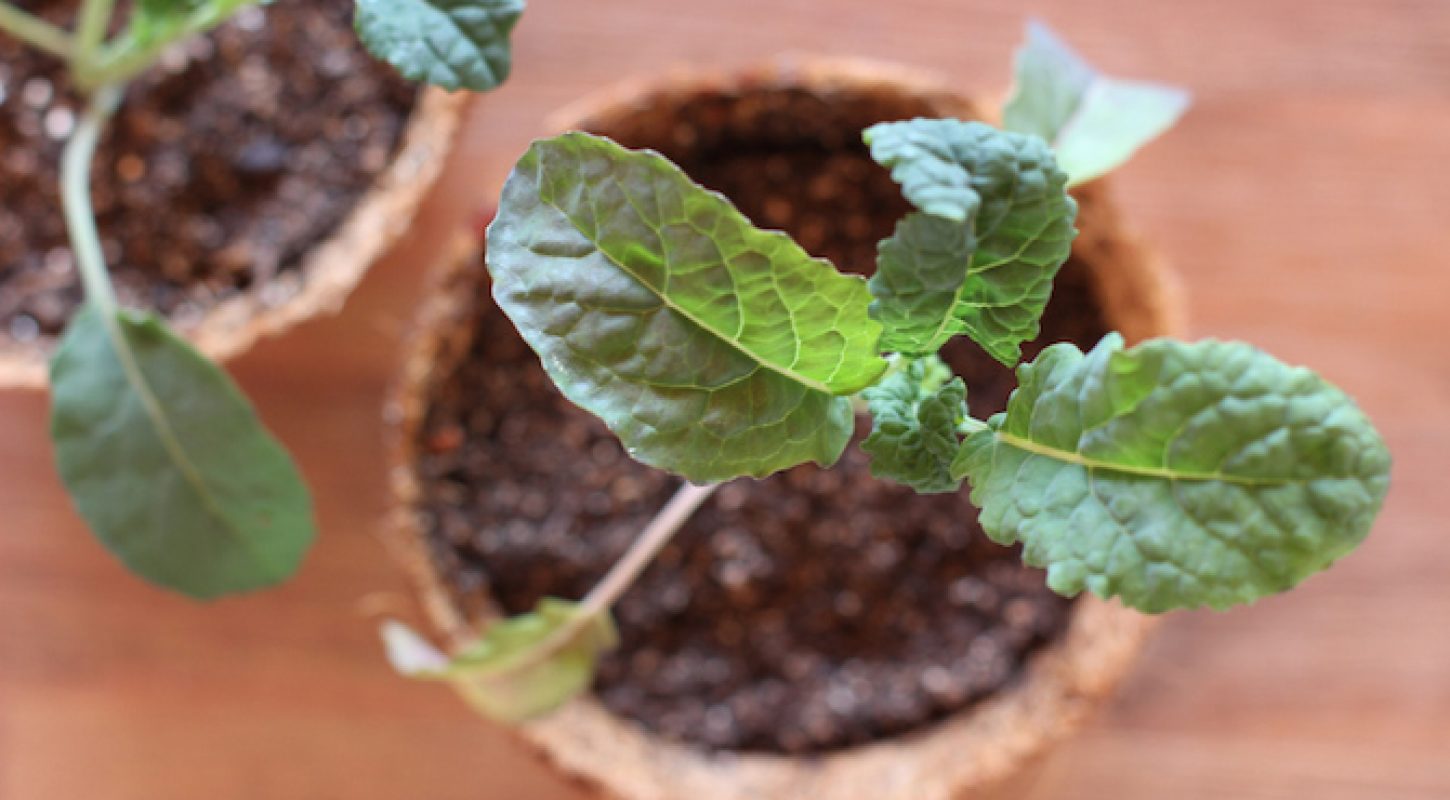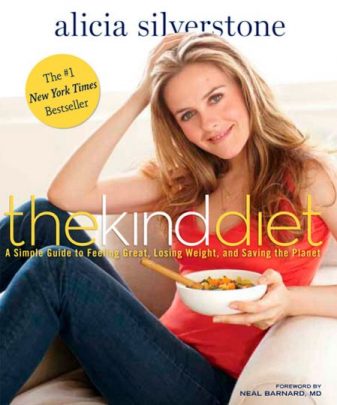Ideally, I want to make absolute certain that I can get as many nutrients as I possibly can from food- nutrition from its purest source. But as I explore in this post, no matter how squeaky-clean and well-rounded your diet is, there are several reasons why modern agricultural practices, toxins in the environment, and even the air we breathe have resulted in the need for a supplementation safety net.
Also, even when we try our best to eat local, organic foods free of harmful pesticides and GMOs, there are simply some vitamins and minerals that are trickier to get than others. I’m looking at you, D and B12—and don’t worry, it’s not just a vegan thing!
Here a few reasons why I think it’s important to include quality, whole food supplements as part of a healthy lifestyle:
Our soil isn’t what it used to be: Dirt—and all the vitamins, minerals, and friendly bacteria that live there—plays a critical role in nourishing the plants and grains we grow. They suck up all that goodness, and we benefit by absorbing it through the food we eat.
Unfortunately, because of things like erosion, pesticides, and big-agriculture farming practices, many of those beneficial nutrients that call soil home have been depleted. For this reason it’s incredibly important to buy organic!
Organic farmers let the soil rebuild itself prior to planting so the soil can replenish itself. They also refrain from using toxic chemicals so the soil can carry out its own natural chemical composition. Organic crops contain 17 percent more antioxidants and have 69 percent higher flavonoids than conventionally grown crops.
Even if you do purchase the majority of your food organic, consider taking a multivitamin to help ensure you are getting enough of these important nutrients.
Our air isn’t what it used to be: Thanks to all our fossil fuel consumption, carbon dioxide has increased significantly in the atmosphere. That includes everything from the cars we drive to the energy we use in our homes to the huge amounts used in industrial farming, especially raising livestock—producing just one hamburger uses enough fossil fuel to drive a small car 20 miles!
You’ve probably heard about this in the context of climate change—which is plenty serious on its own thanks to things like stronger storms and a rising sea level—but it’s also affecting our food.
A researcher at the Harvard School of Public Health found that with increased carbon dioxide surrounding plants (particularly wheat, rice, peas, and soybeans) they produced 9.3% less zinc, 5.1% less iron, and up to almost 8% less protein. This is huge!
If carbon dioxide increases, as it is projected to until we get things under control with our energy use, malnutrition will also rise. According to the United Nations Food and Agriculture Organization, 2 billion people around the world are already deficient in zinc and iron, and 2.5 billion people live in countries where at least 60% of the dietary zinc and iron comes from the affected grains and legumes.
While I definitely believe we need to be focusing on our “real medicine”—tons of veggies, whole grains, legumes, and all the other staples of superhero living—I think quality supplements offer us an extra layer of protection. Just be certain the vitamins and supplements you choose are Certified USDA Organic, non-GMO verified, and free of synthetic binders and fillers (check out Mykind Organics!).
We need to do all we can to bring the world back into balance by fighting to keep the soil nutritious and the planet from warming. Eat organic and support local farmers who are taking the best care of their soil (practicing things like permaculture and regenerative farming, using compost teas, etc. ). Or better yet, grow your own garden! Help raise awareness about these issues, educate others in your family or community, and speak up to your local elected officials about the significance behind soil depletion and climate change!
Photo Credit: The Project Rheum




